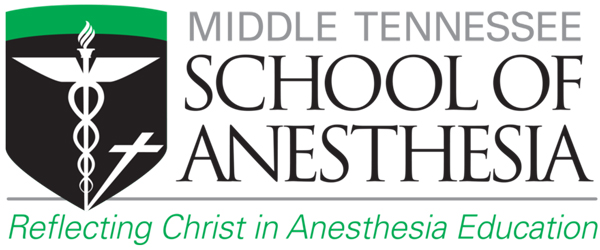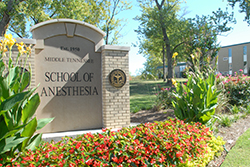Supportive Measures
Middle Tennessee School of Anesthesia (“MTSA”) will treat all impacted individuals and those alleged to have caused harm equitably by offering Supportive Measures. Upon notice of potential Prohibited Conduct, the Title IX Coordinator will assess whether Supportive Measures are reasonably appropriate. A Complainant is always entitled to reasonably available Supportive Measures, regardless of whether a formal or informal resolution process is initiated. Supportive Measures are intended to restore or preserve access to the living and/or working environment.
Examples of supportive measures that the MTSA may consider and implement for students include, but are not limited to:
- Access to off-campus counseling services;
- Mutual No-Contact Directives;
- Rescheduling or extension of academic exams and assignments;
- Changing clinical schedules, job assignments, or job locations for MTSA employment;
- Student-requested leaves of absence.
For Faculty and Staff:
In cases involving faculty and staff who request supportive measures, the Title IX Coordinator will confer with the appropriate Manager or Dean. Some supportive measures may continue after an investigation is closed, or as sanctions or accommodations, depending on the outcome of the matter.
Examples of supportive measures that the MTSA may consider and implement for faculty and staff include, but are not limited to:
- Access to on-campus counseling services;
- Changing work schedules or job assignments;
- Limiting or barring access to certain MTSA-owned facilities or programs.
Right to Reasonable Accommodations and Language Assistance:
Individuals who require reasonable accommodation due to a qualifying disability and/or language services in order to fully and meaningfully report or participate in this process, please get in touch with Asia Byers.








